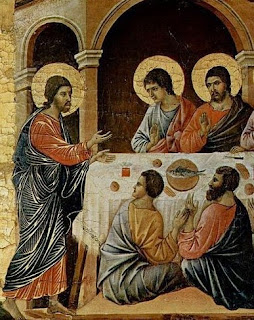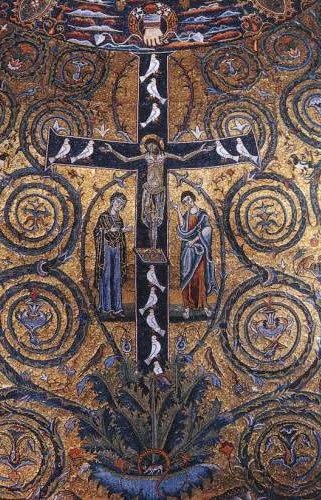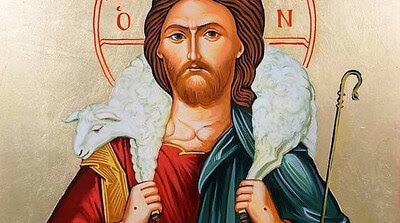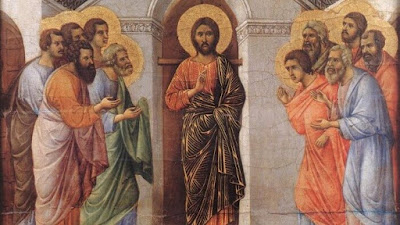Homily for the 7th Sunday of Easter, May 16, 2021, Year B
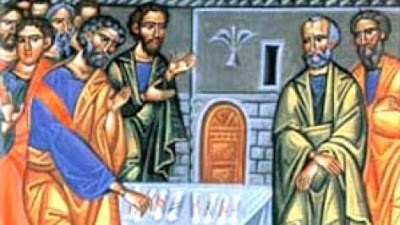
Fr. René J. Butler, M.S. La Salette Missionaries of North America Hartford, Connecticut ( Click here for today's readings ) (NOTE: In New Hampshire, this is the Seventh Sunday of Easter. For the Solemnity of the Ascension, celebrated this day in many other dioceses, see Matthew Coffin’s excellent reflection " Why Satan Hates the Ascension of Christ ".) And Matthias was never heard from again. Well, as far as that goes, he was never heard from before, either. This story of his “election” as an Apostle is the only time he is mentioned by name in the whole New Testament. We know, from the criterion established by Peter, that both he and Barsabbas were among the first disciples of Jesus. Replacing Judas was apparently a big deal for the author of the Acts of the Apostles, the evangelist St. Luke. Everything inclines the reader to expect great things of Matthias. And then, nothing. What happened? Did he fail? Did Peter and the assembled community make a mistake? Did
